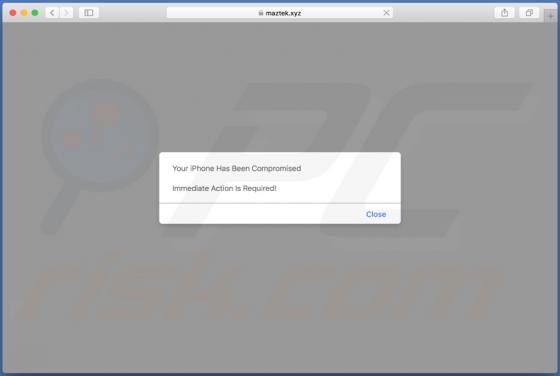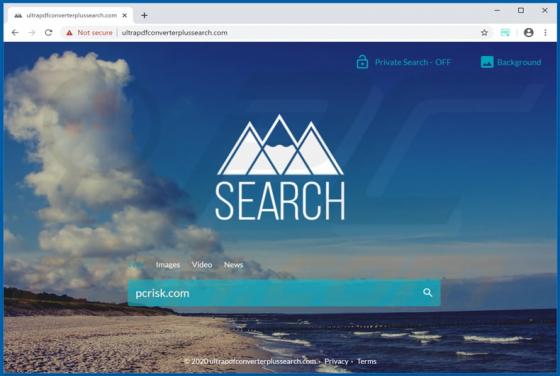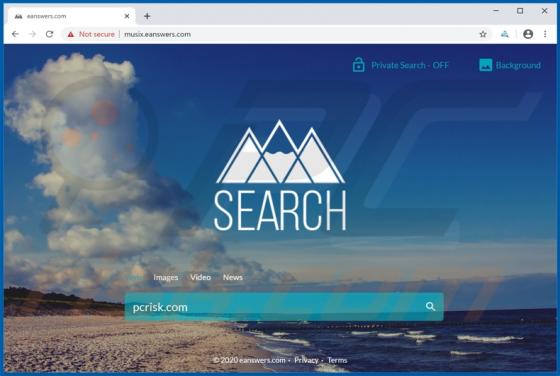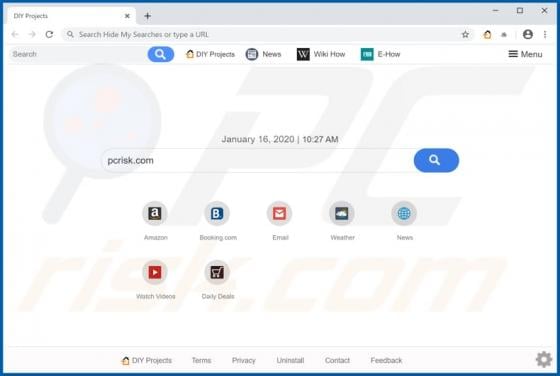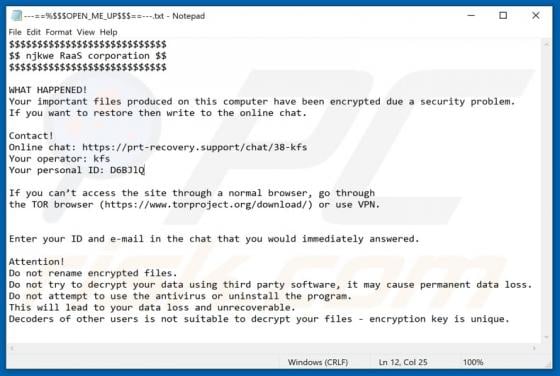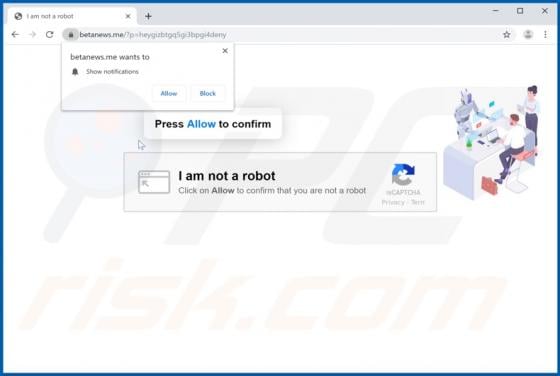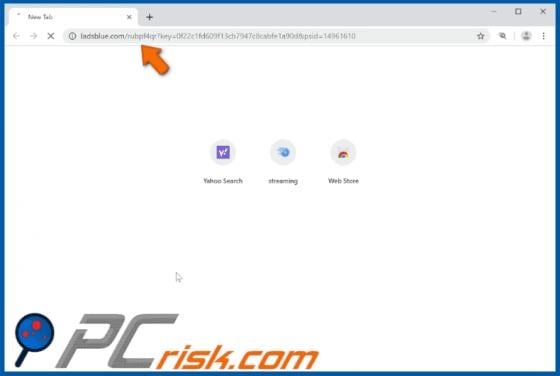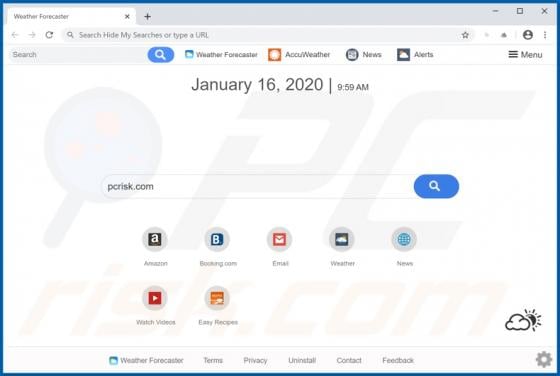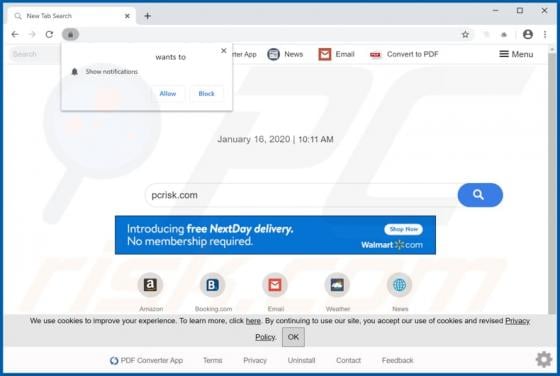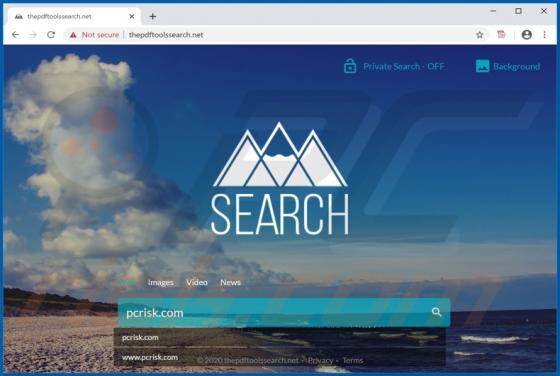
The PDF Tools Plus Browser Hijacker
The PDF Tools Plus is a browser hijacker endorsed as a tool to convert document formats to PDF and vice versa. It operates by making certain alterations to browsers to promote thepdftoolssearch.net, a fake search engine. Furthermore, this app possess data tracking capabilities, which it employs to
